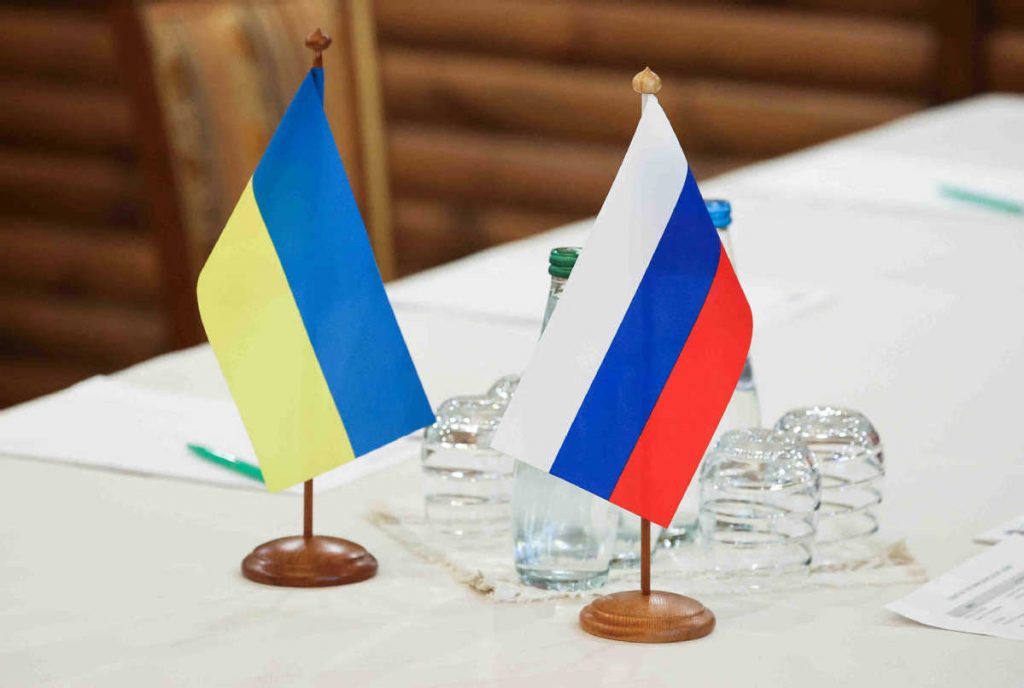
Shows like Servant of the People on Netflix, or statements from celebrities such as Olga Smirnova who she said she is “against this war with every fiber of [her] soul,” are various forms of performance that address the invasion of Ukraine. James Ball, an associate professor in the Department of Performance Studies, argues that though often perceived as less entertaining, political rhetoric and appearances are also war performances.
Both film and performance within speeches and presentations have been used by major political figures throughout the conflict in Ukraine. For example, Ball references Ukraine President Volodymyr Zelensky’s addresses to the U.S. Congress and the U.N. Security Council.
“On April 5 in the Security Council, the video consisted of images and video of civilian corpses, while a mournful tune played on piano and strings, and sounds of distressed human voices bubbled up, before concluding with the title ‘#StopRussianAggression,’” Ball said. “Film in this context is a necessary tool in the effort to hold Russia morally and materially accountable for the invasion.”
Outside of Ukraine, other political figures have been performing, as well. Ball said that Biden is using stage presence to prevent escalation within the Ukraine invasion.
“Another way to think of the power of performance might be to return to the weeks leading up to the invasion to consider the quintessentially theatrical strategy the Biden administration used to respond to Russia,” Ball explained. “For weeks, the Biden administration systematically declassified intelligence regarding the Russian plans and military build up, and took pains to announce to the world what was happening. In other words, they took things that were happening ‘off stage’ and moved them directly ‘center stage’. This is a dramaturgical strategy — by staging this activity, making it visible to a global audience, they seemed to hope that Russia’s behavior might be changed and the war averted.”
Film and performance will also continue to play a vital part in the retelling of this conflict once it is over, in ways that may affect future conflicts.
“When the war ends, whenever that may be, I think our cultural products — traditional film and theater — will have another role to play,” Ball shared. “How the tales of Ukraine’s savvy and heroism, the missteps of the Russian military, and atrocities committed by Russian leaders and soldiers are told will have an impact on future policy decisions in Russia and around the world.”
Overall, the conflict in Ukraine can be viewed through a lens of performance and film. With a basic understanding of methods used within film and performance, the general public can unpack the media they encounter.
“In this conflict we can perhaps see quite starkly that though a raw accounting for power such as numbers of troops, and materials is always unavoidable, that power must nonetheless be performed in the streets and on our stages and screens in order for it to cleanly accomplish its goals,” Ball said.
